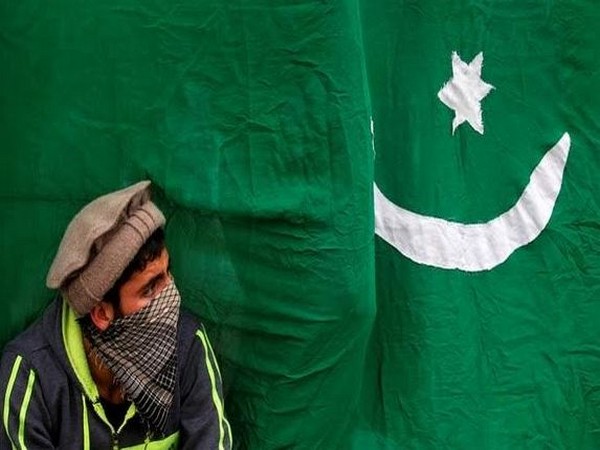PTA Chairman Calls for Legal Clarification on Internet Restrictions
The PTA chairman has highlighted a legal grey area in internet restrictions, urging law and interior ministries for clarity. Since 2016, shutdowns have been common, raising recent legality concerns. Expansion of the fiber optic network is emphasized as a solution for slow speeds. VPN regulations and social media content management are also discussed.

- Country:
- Pakistan
The Pakistan Telecommunication Authority (PTA) chairman acknowledged that internet access restrictions occupy a 'legal grey area,' urging legal clarity from the ministries of law and interior. Retired Maj-Gen Hafeezur Rehman, while briefing the Senate Standing Committee on Information Technology, noted that internet shutdowns have been ongoing since 2016, only recently sparking questions about their legality, according to Dawn.
The PTA chief stated that decisive legal interpretation is essential. Senate committee members quizzed him over internet access shutdowns, often prompted by the Ministry of Interior. Senators Kamran Murtaza and Humayun Mohmand expressed concerns over the legal backing for blocking internet services and social media platforms, questioning the PTA's authority under existing laws.
Rehman indicated that while current regulations allow content blocking at the Ministry of Interior's behest, they don't specifically cover regional internet shutdowns. Senator Murtaza argued for a transparent legal framework for such actions. Committee chair Senator Palwasha Khan echoed worries about nationwide slow internet speeds and legal ambiguities. An increase in the fiber optic network was cited as vital to enhance infrastructure and speed.
The committee learned about governmental responsibilities in fiber network expansion. Rehman conceded that internet speeds would lag without significant infrastructure upgrades, stressing 'fiberisation' as crucial. Senator Khan underscored urgent infrastructure improvement needs, focusing on fiber optic network growth for better internet speeds.
Addressing VPN restrictions, Rehman clarified he hadn't halted their service, but licensing initiatives for VPN providers commenced on December 19, with two companies applying. A new service provider licensing category was launched to address unregistered VPN issues. Unlicensed proxies will face blocking.
Registered service providers will help monitor VPN traffic, accounting for anonymity concerns. Local companies under Pakistan's jurisdiction will facilitate proxy services, enhancing regulatory control over domestic providers, compared to foreign-dominated VPN services.
Updates on social media content regulation were provided, revealing that the PTA handles around 500 daily complaints regarding harmful content. Rehman cited ongoing efforts with social media companies, highlighting enforcement challenges. The committee pushed for clear legal directives on internet governance, content blocking, and agency roles in digital service management.
(With inputs from agencies.)










